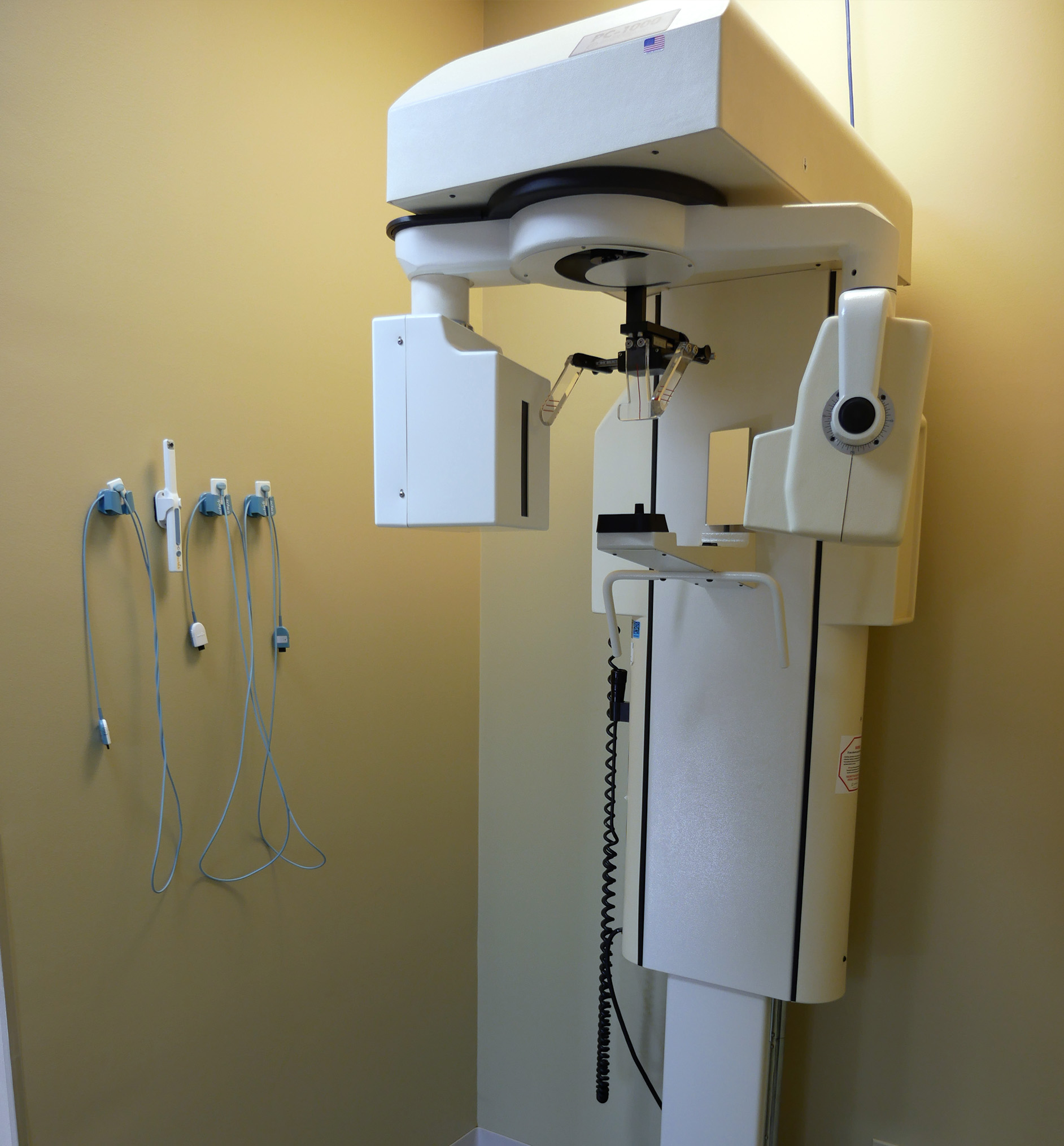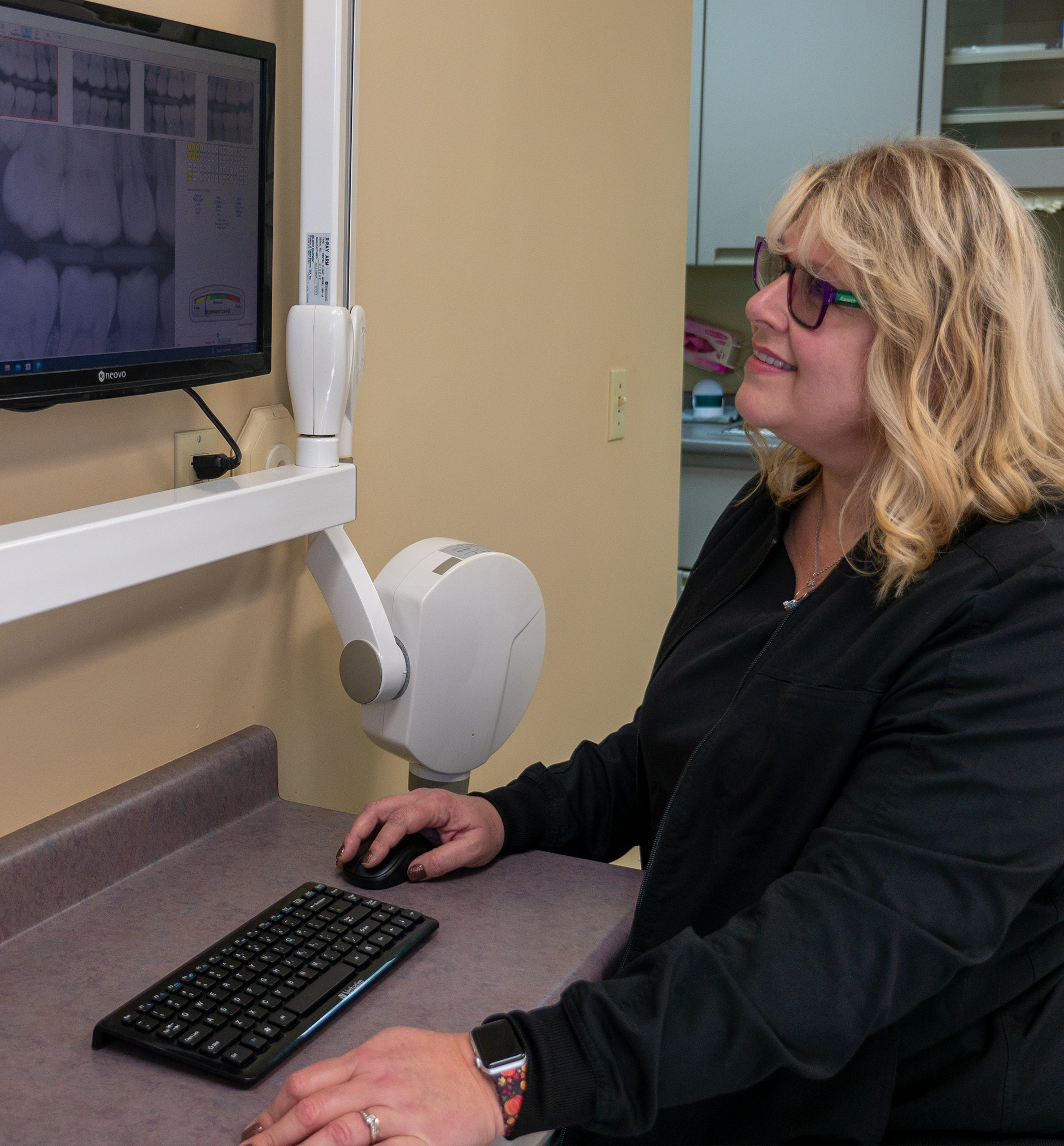General Dentistry
Cosmetic Dentistry
Extractions
Fluoride
 This naturally occurring element is present in water at very low concentrations. As teeth develop, fluoride is incorporated into the enamel. At optimal levels it makes teeth resistant to decay.
This naturally occurring element is present in water at very low concentrations. As teeth develop, fluoride is incorporated into the enamel. At optimal levels it makes teeth resistant to decay.
Once formed, the enamel can still absorb fluoride to become “stronger”, but only by directly applying it to the surface. Dentists and hygienists use a much higher concentration topical fluoride to encourage absorption. Varnishes, gels or foams are the usual delivery methods.
Despite concerns, no ill health effects have been found.
Sealants
Are a plastic based protective coating. They bond to enamel and fill in deep grooves which are part of the normal anatomy of teeth. Starting as a thick liquid, it flows into the grooves, and then it is light cured in 20 seconds into a hard glass-like surface that sugars and decay causing bacteria cannot penetrate. Sealants are most appropriate for recently erupted permanent molars.
Teeth Whitening
We make custom-fit mouth guards that are thin and flexible. Whitening gel goes into the guards which are worn on the teeth from one to several hours. The guards are very durable and can last for years. Use at your own pace and stop when you’re happy with your new lighter shade. This is repeated every six to twelve months, as desired.
Fillings
are generally either white or silver. They replace missing tooth structure, from either decay (cavities) or damage (chipped or broken). Fillings are sealed to prevent leakage and have a long life if brushed and flossed daily. Be careful not to bite your lip.
Crowns
also known as “caps” are either metal, porcelain and metal or all porcelain. Their purpose is either protecting a tooth which is fragile due to loss of tooth structure (large cavities or trauma), or to improve appearance. They allow us to change the shape or size or color of teeth.
Inlay/Onlay
These permanently cemented restorations are more conservative, smaller versions of a crown. They are made of the same choice of materials as a crown.
Bridges
When two or more crowns are connected they can close spaces and replace missing teeth. They are permanently cemented to the support teeth, so like individual crowns, the do no come off the teeth.
 Partial dentures
Partial dentures
Partial Dentures are useful when bridges are not possible. They replace missing teeth and consist of a thin cast metal frame with acrylic and plastic teeth embedded to appear as natural teeth. They can be removed from the mouth by pulling on clasps that retain them on your teeth. There are also nylon partial dentures with the advantage being metal free.
Complete dentures
Complete Dentures replace all the teeth in one arch. They are acrylic and can be made with plastic or porcelain teeth.
Endodontics (Root Canal Therapy)
Root Canal Therapy is needed in cases where the pulp or “nerve” of a tooth is irreversible damaged and is causing symptoms, such as pain or sensitivity, which is severe and long lasting. Tooth decay or trauma is usually the cause. Once the symptoms resolve, the top of the tooth will be filled or a crown placed to protect against future cracking. Root canal treated teeth are not as strong as they were before treatment. Success rates are very high for endodontics.
Cancellation And Missed Appointments Policy
***Both complete and partial dentures require 4 to 5 appointments.

